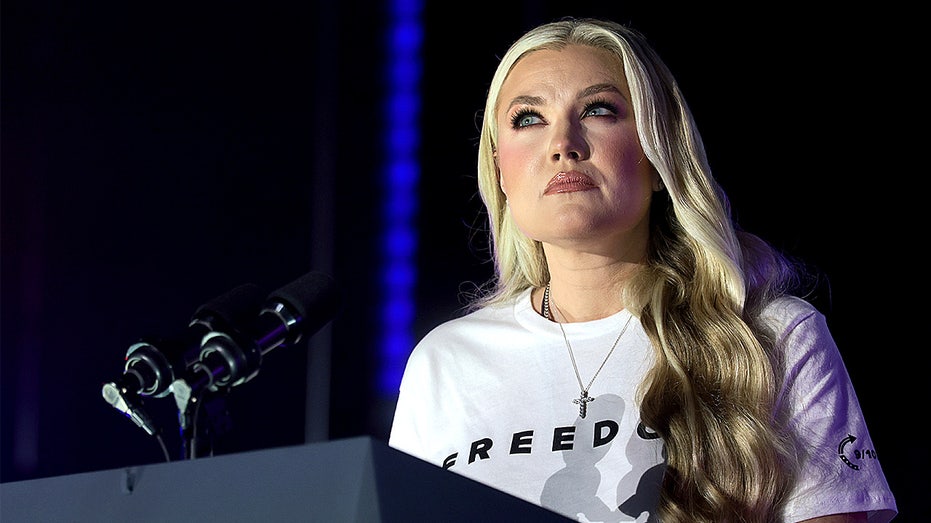A video shared on TikTok by comedian and content creator Al Duffy has ignited a widespread discussion regarding the rising costs of baby essentials. On October 22, 2025, Duffy revealed her shock after purchasing a six-pack of diapers for $11 at a local pharmacy. Her intention was to donate these diapers to a food bank amid a government shutdown that could delay essential benefits like EBT payouts.
Duffy, who does not have children, expressed her disbelief at the price, particularly when she learned that a newborn may require up to 15 diapers a day. In her video, she asked, “How is it legal for these companies to charge so much for something that a newborn baby needs?” This sentiment resonated with many viewers and prompted a flood of comments reflecting similar frustrations.
Rising Costs and Economic Impact
The discussion quickly expanded beyond Duffy’s video, with parents sharing their experiences about the financial burden of raising children. Many commented that they rely on large retailers such as Walmart, Amazon, and Target to find more affordable diaper options, often purchasing in bulk at stores like Costco and Sam’s Club. The consensus was clear: the escalating costs of child-rearing are becoming a significant deterrent for potential parents.
One commenter remarked, “How is anyone affording a baby, period?” highlighting the severe financial strain many families face. Another parent chimed in, noting that while larger boxes of diapers may reduce daily costs, the overall expense remains considerable, stating, “Kids are expensive, so I don’t blame you.”
Duffy’s video has sparked broader conversations about the implications of these costs on birth rates. Users mentioned that exorbitant prices for necessities like diapers and baby formula, which can exceed $100 per week, are contributing factors to declining birth rates.
The Role of Retailers and Consumer Options
Many commenters lamented the reliance on major retailers, often viewed as monopolistic, for essential items. “It shouldn’t be this way, but it is right now and people have to survive,” one user wrote, referencing the regular diaper promotions at Target that make shopping more manageable for families.
The underlying sentiment is one of frustration with the current market dynamics. As one commenter pointed out, “That’s exactly because you absolutely need diapers as a parent that they cost so much. Big industry knows that.”
Duffy’s candid insights have resonated widely, prompting many to reflect on the financial realities of parenthood in today’s economy. Her video serves as a reminder of the challenges faced by families and the broader implications of rising costs on societal trends, including decisions around having children.
As conversations continue online, many hope that raising awareness about these issues will lead to changes in pricing structures and greater support for families in need.







